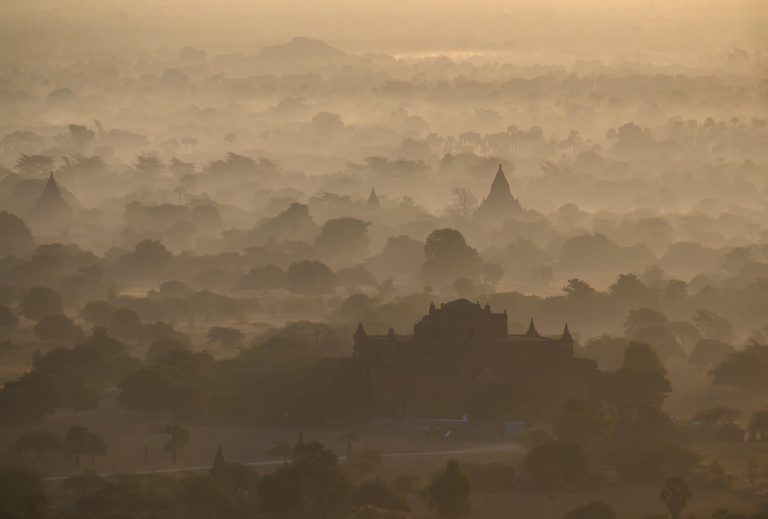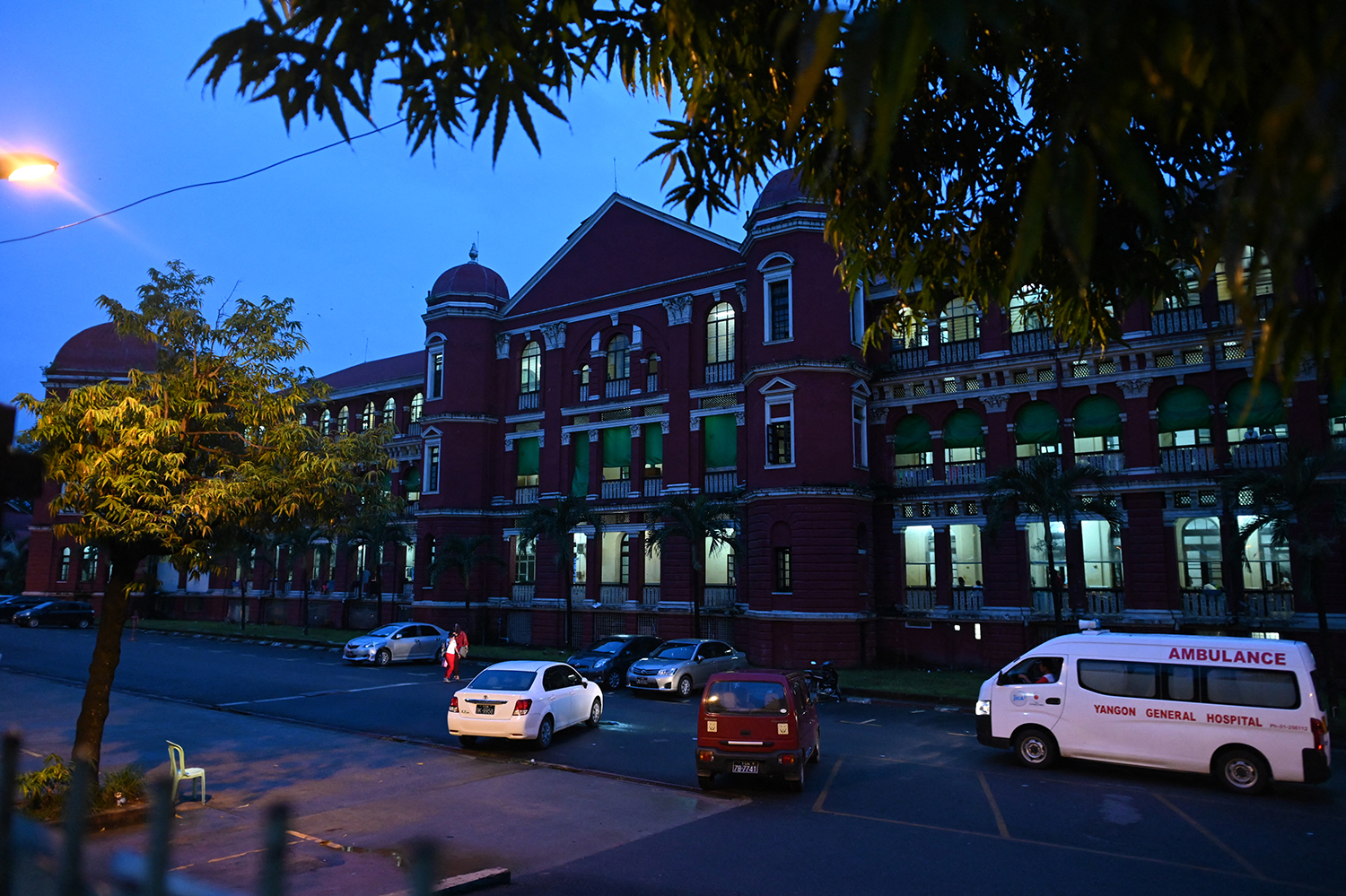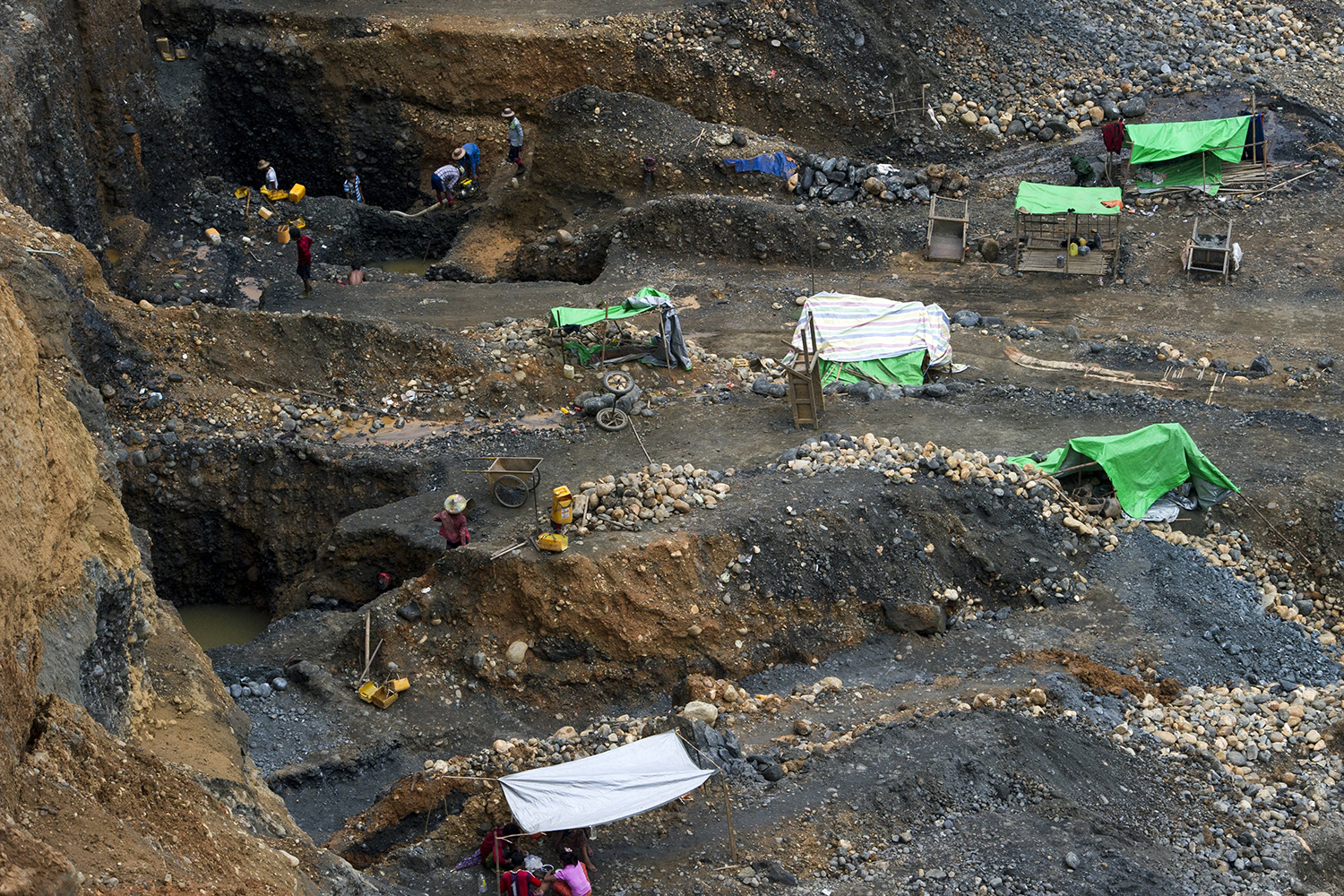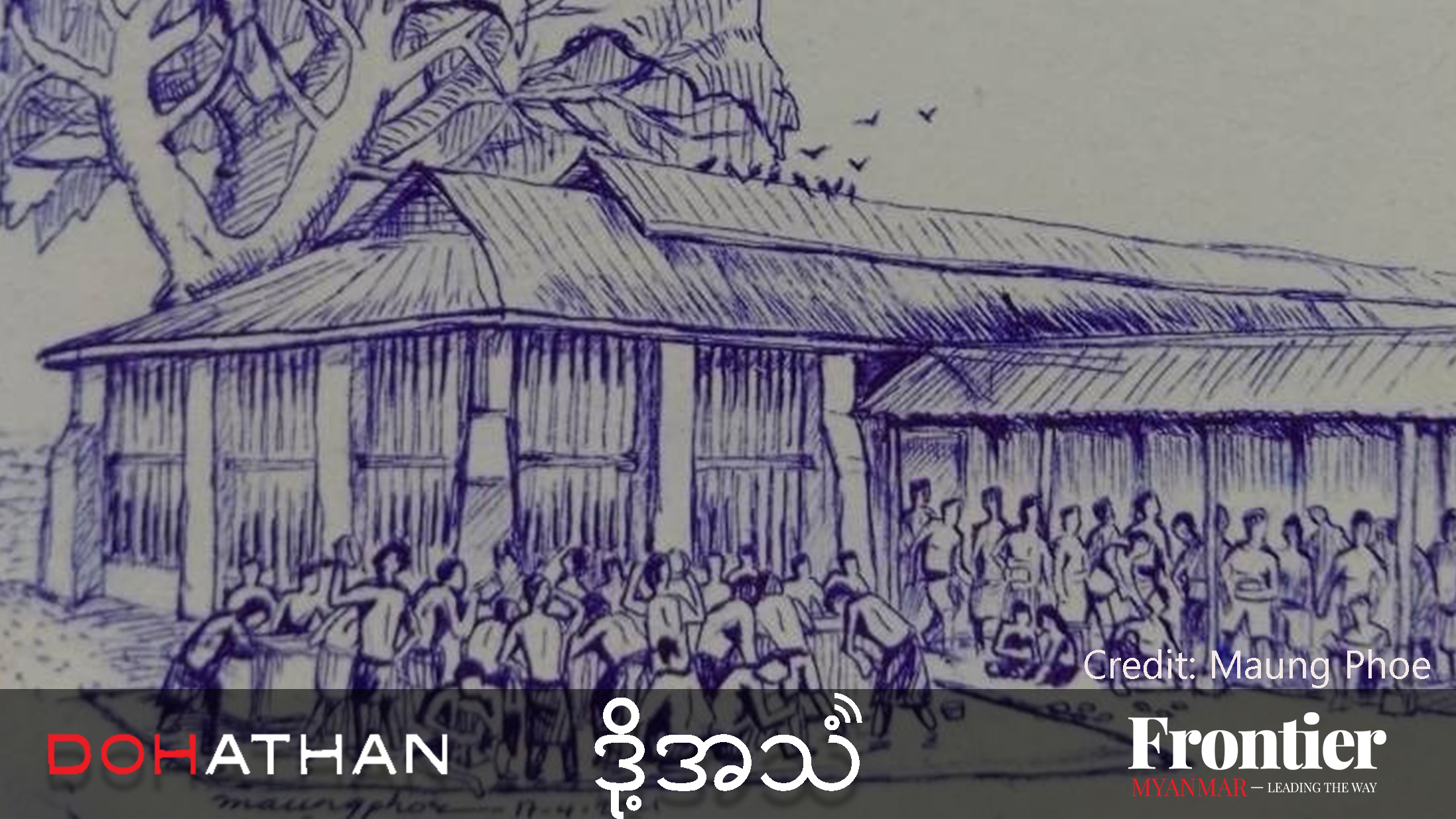By NYAN HLAING LYNN | FRONTIER
NAY PYI TAW — The incoming head of the Anti-Corruption Commission says he expects “many challenges” in the role as he seeks to tackle Myanmar’s rampant graft.
President U Htin Kyaw nominated U Aung Kyi, a former military officer and U Thein Sein government minister, to lead the commission on Monday. Parliament is expected to confirm his appointment tomorrow, along with the nominations of 11 other new commissioners.
Aung Kyi told Frontier that he was pleased to be nominated to the position and believed success would require both “ethics and ability”.
He said he first plans to review the commission’s activities before deciding how to best to focus its resources.
Support more independent journalism like this. Sign up to be a Frontier member.
“I don’t know yet what they are doing but some reforms will need to undertaken in order to improve effectiveness,” he said.
“I’ll review the present work and assess the strengths and weaknesses, while also considering expectation of the people. Then we can prepare for our future work.”
Aung Kyi said he hopes to be able to improve Myanmar’s standing on international corruption indices, such as Transparency International’s Corruption Perceptions Index. Myanmar ranked 136th out of 176 nations on the latest index, although this represents a significant improvement on 2012 when it came fifth from bottom.
“There will be many challenges, not just one or two. As you know, Myanmar stands very low on global corruption rankings. This is harming inflows of foreign investment,” he said.
“It has been this way for many, many years. Governments have done what they can but there are cases that they could not tackle. Corruption covers many areas and I think educative measures are needed.”
Aung Kyi served as principal of a Tatmadaw military academy and was deputy chief of training before becoming Deputy Minister for Labour in November 2006. He was promoted to minister in October 2007 and at the same time given responsibility for liaising with Daw Aung San Suu Kyi.
He continued to hold the labour ministry post when Thein Sein took office in March 2011 but was shifted to Minister for Information in August 2012, a position he held for two years.
Aung Kyi will replace U Mya Win, a former Tatmadaw officer nominated to lead the Anti-Corruption Commission in February 2014.
Although the commission’s term is supposed to be concurrent with that of the government, the NLD left existing commissioners in place for more than 18 months after taking office.
The NLD appears to have had Aung Kyi in mind for the chairman post for some time. In July, parliament approved a change to the Anti-Corruption Law that raised the age limit for commission members from 70 to 75; Aung Kyi recently turned 71.
Under the Anti-Corruption Law, the president and speakers of the upper and lower houses each nominated four members to the commission.
The other nominees are mostly former civil servants and military officers, including former police chief U Zaw Win.
Since its establishment in early 2014 the Anti-Corruption Commission has battled perceptions that it lacks teeth and only takes up cases against low-ranking government officials.
However, in recent months it launched its highest-profile case to date, against former deputy permanent secretary of the Ministry of Home Affairs U Phyone Cho, who is accused of accepting two cars in exchange for facilitating a land deal in Yangon.
In September, United Nations Office on Drugs and Crime country chief Mr Troels Vester told Frontier that the commission was severely under-resourced and had requested more support from the government.






